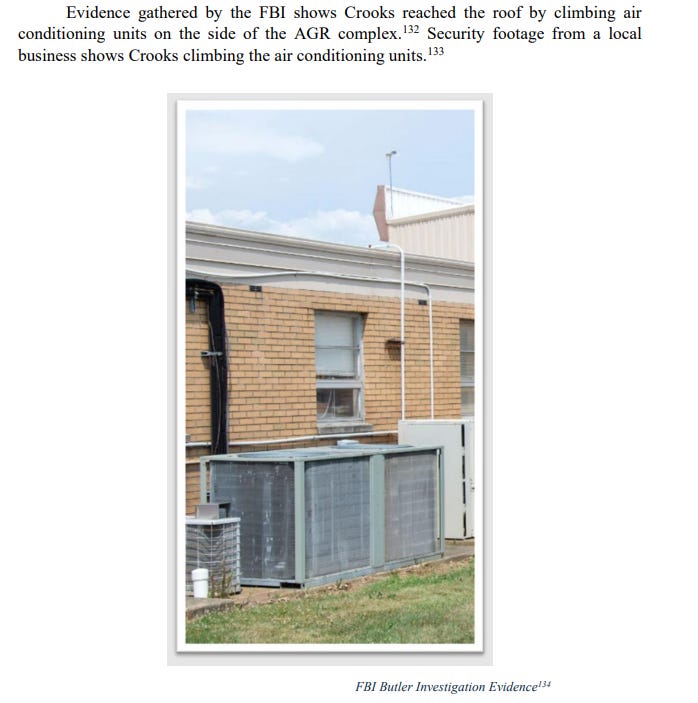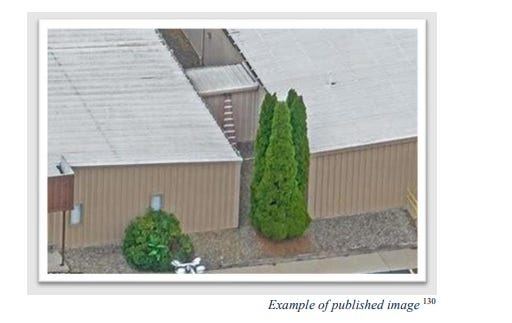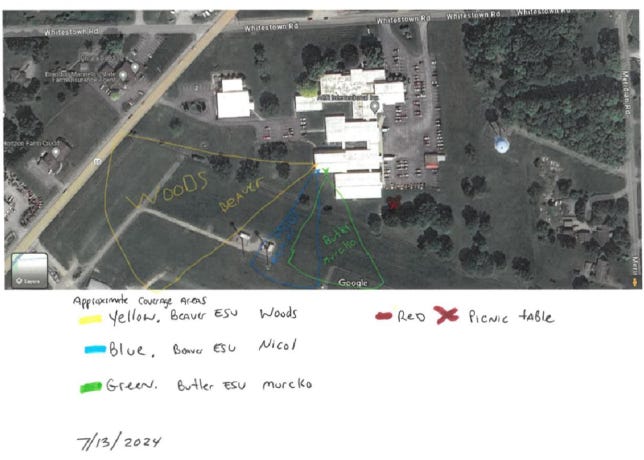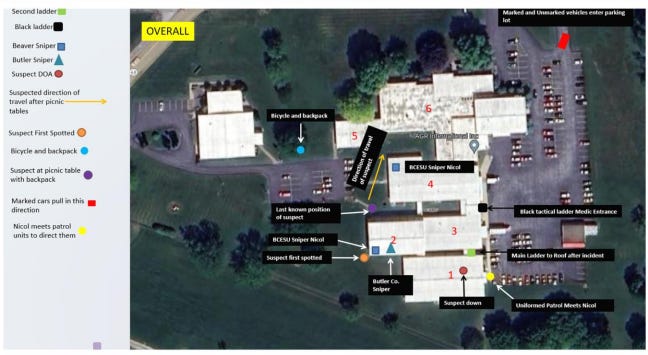A House Task Force investigation uncovered serious security failures during the July 13, 2024, rally of Donald Trump in Butler, Pennsylvania. These lapses contributed to the death of one rally-goer and injuries to several others, including Trump. Shooter Thomas Matthew Crooks exploited multiple security gaps, including poor coordination between the U.S. Secret Service and local law enforcement, to carry out his attack from an unsecured rooftop. The October 21, 2024, report highlights key failures that allowed the shooting to happen and recommends urgent reforms.

Planning and Coordination Failures
The report underscores that poor planning and ineffective coordination between the U.S. Secret Service, Pennsylvania State Police, and local law enforcement created significant security vulnerabilities. Despite requests from local law enforcement, the American Glass Research (AGR) complex—an elevated structure with a clear view of the rally stage—was excluded from the secure perimeter. Local authorities had raised concerns about the lack of coverage around the complex, but these concerns were not addressed, allowing Crooks to access the area unchecked.
Click here to read the entire report.
Communication Breakdowns
Another critical failure was disjointed communication between the agencies involved. On the morning of the rally, the Secret Service did not participate in local law enforcement briefings, leaving critical information unshared. Throughout the day, law enforcement officers noted Crooks’ suspicious behavior, but crucial details about his presence and actions were not relayed efficiently to those responsible for protecting Trump. By the time information reached the Secret Service’s command post, Crooks had already positioned himself on the AGR roof, preparing to fire.
Help spread the word by sharing this story on your social media now! The mainstream media isn’t covering it, but it’s a story that demands attention. Your support can make a real difference in getting the truth out there.
Based on reports that Crooks had purchased a ladder, and photos that circulated after the shooting that showed a ladder against the AGR complex, a narrative emerged that Crooks used a ladder to climb onto the roof of the AGR complex. While Crooks did purchase a five-foot ladder at approximately 930 the morning of July 13, he abandoned that ladder in a wooded area adjacent to the parking lot of a permanently closed business in Bethel Park, approximately 50 miles away from the site of the rally.

The ladder viewed in widely circulated photographs was placed by local law enforcement personnel to access the roof and respond to the scene after shots were fired.
At 1738, Beaver ESU Witness 3 sent a text message along with the photographs of Crooks to a group of local snipers. The message stated: “Kid learning [sic] around building we are in. AGR I believe it is. I did see him with a rangefinder looking towards stage. FYI. If you wanna notify SS snipers to look out. I lost sight of him. Also a bike with a backpack sitting next to it in rear of building that was not seen earlier.” Beaver ESU Witness 3 testified that he meant to type “lurking” instead of “learning.”

The use of separate command posts for federal and local law enforcement exacerbated these communication issues. Without a unified communication system or dedicated radio link between command posts, information about Crooks’ movements and the escalating threat moved too slowly to prevent the attack.

Tactical Missteps and Missed Opportunities
One of the most glaring failures was the placement of sniper teams inside the AGR complex. The teams were given a narrow mission to monitor the rally site, rather than securing the broader AGR property. This oversight meant that snipers were not positioned to detect Crooks as he ascended to the roof. Despite numerous warning signs, including the sighting of Crooks with a rangefinder aimed at the rally stage, law enforcement missed multiple opportunities to intervene before the shooting began.
Timeline of the Attack
Crooks began his assault preparations early in the day, arriving at the rally site in the morning and deploying a drone to scout the area. His suspicious behavior, including photographing the AGR complex and using a rangefinder, was observed by several law enforcement officers. However, fragmented communication and delayed reporting meant that Crooks was able to evade capture. By 5:30 PM, Crooks had climbed to the roof of the AGR complex and fired eight shots into the rally crowd. Although a Secret Service sniper eventually neutralized him, the damage had already been done.

Conclusion and Recommendations
The Task Force concluded that the deadly events of July 13 were preventable. Had better coordination, clearer communication channels, and more comprehensive security measures been in place, Crooks would not have been able to exploit the system's vulnerabilities. The report recommends significant reforms, including the establishment of unified command posts and the implementation of more rigorous security perimeters around high-profile events.
The investigation remains ongoing, with further reviews of testimony and evidence expected to guide future security improvements.




















